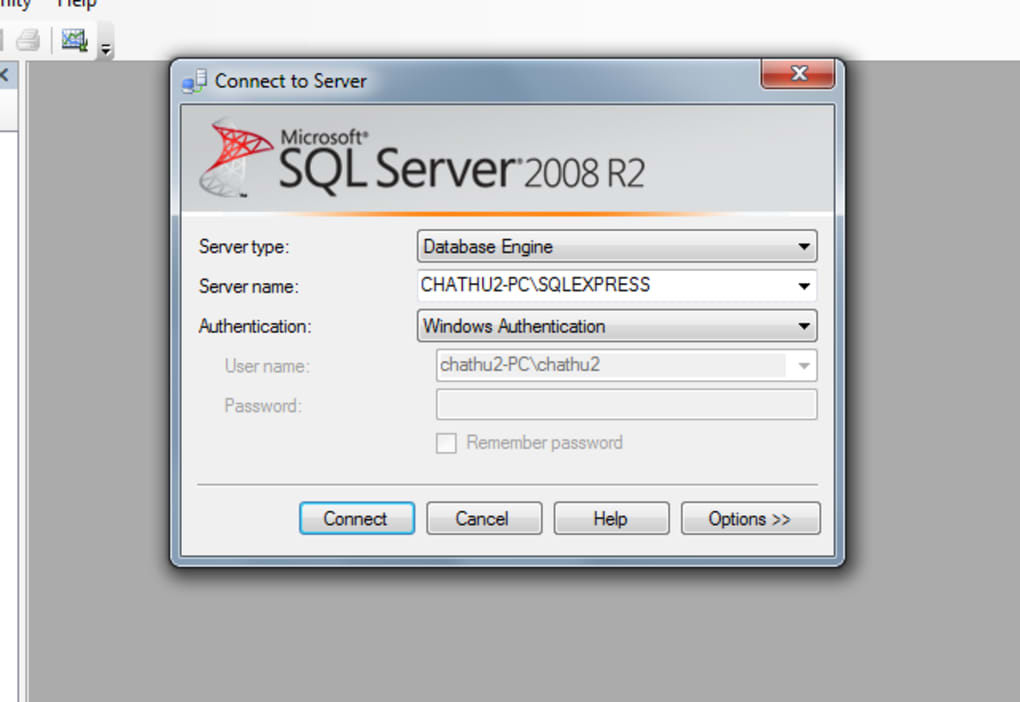

- #Upgrade from sql 2008 express to sql 2012 express update#
- #Upgrade from sql 2008 express to sql 2012 express upgrade#
- #Upgrade from sql 2008 express to sql 2012 express license#
- #Upgrade from sql 2008 express to sql 2012 express series#
Microsoft raised the physical core count limit (per instance) in SQL Server 2016 Standard Edition from 16 to 24. SQL Server 2016 Enterprise Edition Performance Advantages SQL Server 2016 Service Pack 1 (SP1) released !!!Ī Big Deal: SQL Server 2016 Service Pack 1

Here are some links with more information about this:
#Upgrade from sql 2008 express to sql 2012 express license#
In some cases, you may also be able to go from a legacy version of SQL Server Enterprise Edition to SQL Server 2016 Standard Edition, although this may be more difficult than it seems at first due to throttling of some programmability features in Standard Edition and low SQL Server 2016 License limits for memory, sockets, and cores.
#Upgrade from sql 2008 express to sql 2012 express upgrade#
This makes it more attractive and feasible for someone to upgrade from a legacy version of SQL Server Standard Edition to SQL Server 2016 Standard Edition. With the release of SQL Server 2016 Service Pack 1, many programmability features that were formerly on available in SQL Server 2016 Enterprise Edition were made available in SQL Server 2016 Standard Edition (and also in Web Edition and Express Edition). New Programmability Features in SQL Server Standard Edition Here are some of the best sources of that type of information: If you dig deeper, there are more technical blogs from Microsoft that give a lot more detail and also include additional enhancements that often are not listed in the official documentation. What’s New (Database Engine) – SQL Server 2012 What’s New (Database Engine) – SQL Server 2014 Microsoft does an uneven job of listing and fully documenting/explaining all of the new and improved features in each recent version of SQL Server, as shown in the links listed below:
#Upgrade from sql 2008 express to sql 2012 express series#
This series is going to primarily cover Database Engine information, but if you are going to be using other major components, such as SSRS, SSIS, or SSAS, you will have to do additional research. It also depends of what SQL Server components you will be installing and using. The bigger the gap, the more new features that are going to be available. For example, it makes a big difference whether you are moving from SQL Server 2005 to SQL Server 2017, or whether you are just moving from SQL Server 2014 to SQL Server 2017.

It also depends on how old the legacy version of SQL Server is compared to the version you would like to upgrade to. The list of new features that might be relevant for you depends on your workload and usage scenarios.
#Upgrade from sql 2008 express to sql 2012 express update#
Update statistics for tables in all user databases.Check data consistency by running DBCC CHECKDB for all user databases.

Also review Deprecated SQL Server Features in SQL Server 2012 and make database changes to avoid using these features. For more info on Upgrade Advisor refer to this MSDN link.


 0 kommentar(er)
0 kommentar(er)
